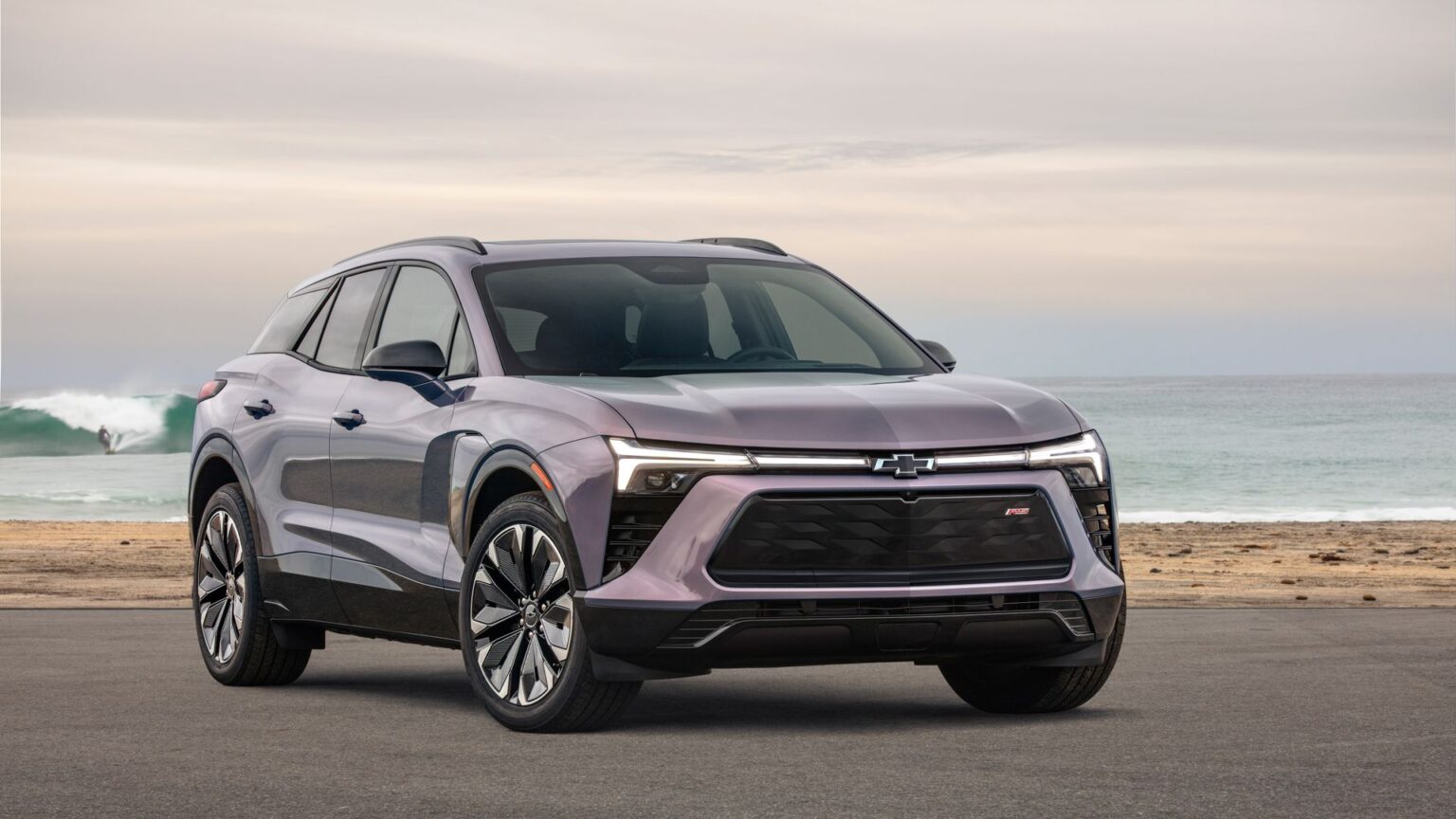Slowly but surely, American motorists appear to be warming to electric vehicles. The U.S. trails other countries and regions in EV adoption – namely China – but deliveries of battery-powered cars and trucks are increasing in the ol’ US of A, and growing at an unexpectedly brisk pace.
Healthy Year-Over-Year Growth
According to Kelley Blue Book, a division of Cox Automotive, in the first quarter of 2025, just shy of 300,000 electric vehicles were sold in the U.S. That showroom performance represents a year-over-year increase of 11.4 percent, undeniably healthy growth. Additionally, in the first quarter of the year, EVs accounted for around 7.5 percent of all new vehicles sold, which is up half a percent from the same period last year.
Helping drive this growth, GM delivered more than 30,000 electrics during the quarter, a nice performance, especially considering how the automaker’s EV sales have been sputtering for the last two years. GM nearly doubled its electric vehicle deliveries compared to the same timeframe in 2024, exceeding both Ford and Hyundai in the process.
Honda and Acura are doing well, too. The Japanese brands, which partnered with GM for the Prologue and ZDX models, delivered more than 14,000 electric vehicles in the first three months of 2025.
But what about the elephant in the room, Tesla? Well, thanks to the controversies swirling around CEO Elon Musk, the pioneering EV brand’s first quarter sales tumbled 9 percent compared to the same period in 2024. This is undeniably bad news, but Kelley Blue Book notes that without “a significant shift in product strategy,” the brand will continue to decline in the U.S. Perhaps Tesla’s dominant position in the EV market is coming to an end.
What To Expect Going Forward
Going forward, analysts at Kelley Blue Book expect 2025 to be a volatile year for new vehicle sales in the U.S., but especially for EVs. The products that are available today are generally great, and there are some good incentives to help move the metal, but the constant threat of tariffs hanging over the industry is a major problem. If these import duties remain in place, “they will pose a monumental challenge for many automakers, particularly due to the tariffs on steel and, importantly for EVs, aluminum,” the publication noted. It’s small consolation that last year about two-thirds of the electric vehicles sold in the U.S. were built here, “but like all modern automobiles, the required parts and components are sourced from around the globe. The current, full-blown trade war with China, the world’s leading supplier of EV battery materials, will distort the market even more.” And then, if you throw in the potential discontinuation of federal tax incentives designed to spur EV adoption, you could have serious issues going forward.
“The year certainly started strong, but the road ahead will be anything but smooth,” said Stephanie Valdez Streaty, a Cox Automotive analyst, an ominous warning of potentially dark days ahead.
Read the full article here


